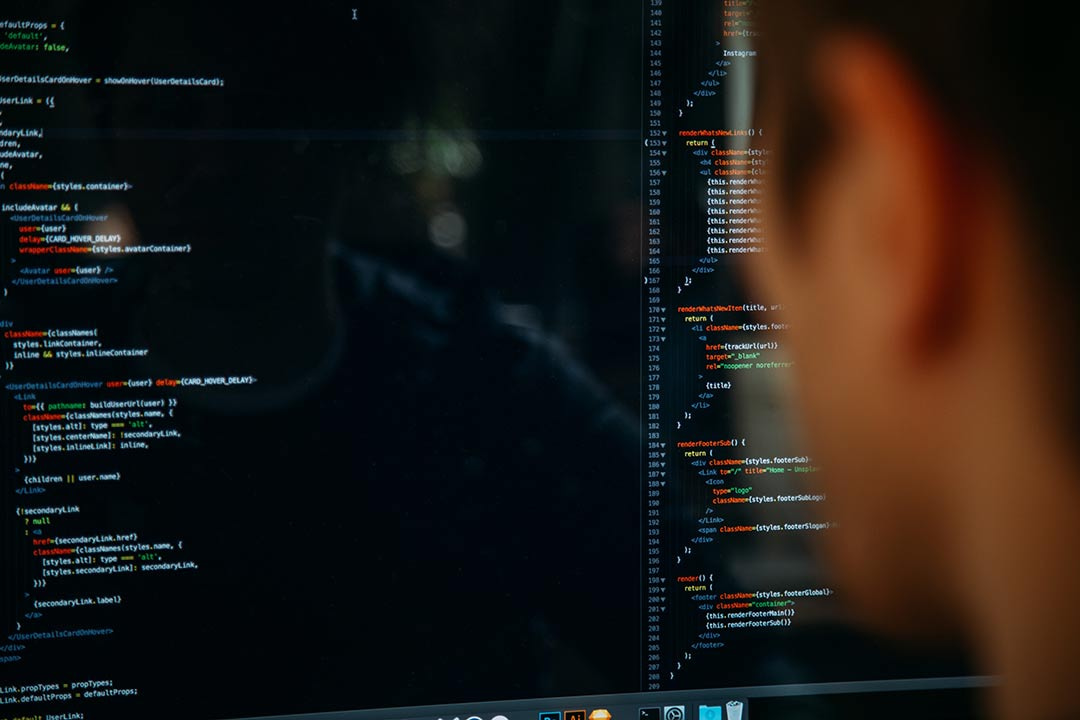I’ve been in web design since 1996. And for the first 14 years of my career, my focus was primarily on writing HTML and (eventually) CSS. It was an enjoyable time, but I started to feel very limited with just those tools in my repertoire.
Then I started experimenting with WordPress. In its early days, I had built a few simple blogs. But around 2010, using it as a content management system (CMS) clicked for me. With a customized version of the Twenty Ten theme, I found that I could integrate some advanced functionality while still having complete control over design.
Bertha is an AI-based writing assistant that has been trained on hundreds of billions of lines of content to help you write better content on your WordPress website.
Suddenly, my career had new life. I was inspired to learn PHP and start offering more robust services to clients. Specialty sites like eCommerce and membership communities were now within reach. It felt like anything was possible.
And while I’m still using WordPress, the software has also changed a great deal during that span. The Classic Editor is out, Gutenberg is in. Old school themes are being eschewed in favor of block themes and Full Site Editing (FSE). Whether these developments are good or bad is up to each of us to decide. But either way, things aren’t the same.
All of this makes me think about freelancers old and new. How do we old-timers adjust to the “new” WordPress? And, for those who are just starting, are these new features positive or negative?
Putting More Power in the Hands of Non-designers
Part of the mission behind the Gutenberg block editor and FSE is to provide website owners with more control. For instance, you no longer need to know CSS to create a multi-column layout. Now, it’s a matter of adding the built-in Columns block or picking out a readymade block pattern. And it’s also possible to tweak every area of a website within the back-end.
While there are certainly benefits to this, it can also add a layer of complexity for web designers. Aspects of a design that were once under our control are now fair game (that is, without locking things down). Not only could a client potentially break a layout, but we also have to account for the default styles associated with various blocks.
The result is that some people feel empowered, yet others are ready to run away from WordPress altogether. With that is a desire to find a CMS that keeps designers in the driver’s seat while allowing website owners to focus solely on content.
There’s a school of thought that says WordPress needs these new features. Proprietary competitors like Squarespace and Wix aim to make building a custom website easier. Therefore, WordPress had to move past its previous limitations to stay relevant.
That makes sense. However, it’s also worth wondering whether catering to non-designers might be chasing professionals away from the platform. And, without freelancers recommending WordPress to their clients, what impact could that have on its market share?
Freelancers Are a Key to Growth
Traditionally, WordPress has served as a gateway to becoming a more advanced web developer. Themes and plugins offered a point of entry for those who wanted to level up in PHP, JavaScript and interact with a database.
Just think of how many businesses have been started because of WordPress or utilize it as a core focus. The open-source software has piqued our curiosity and pushed us to do more. A supportive and resourceful community has only served to magnify the effect.
That list includes plugin and theme shops. But it has also led to countless solo freelancers and agencies popping up all over the globe. They’re drivers of growth and a big reason why WordPress continues to dominate the competition.
While plenty of industry veterans have adapted quite well, not everyone is on board. Although some attrition is to be expected, it is concerning to see a level of discontent among this group.
If enough of these seasoned professionals head out in search of greener pastures, WordPress may no longer hold its place atop the stratosphere quite as comfortably.
The Impact on New Designers
Those just coming into web design are doing so at an interesting time. WordPress now relies less on site-specific custom code. A block theme and a few plugins may be all that’s needed to build a website.
If you’re not coding plugins or themes, then what’s left? Web design becomes primarily a drag-and-drop affair.
The concern with this is twofold. First, monetization may not be as straightforward as it has been in the past. Customization is a big driver of revenue. There are still opportunities, but they may not be as plentiful – particularly on the lower end of the market.
Secondly, a system that discourages code can result in less creative fulfillment. If a designer doesn’t go beyond the block editor, design may become more about efficiency than discovery.
For instance, you may not bother to craft a killer navigation system when you can save time by simply adding a block and tweaking the colors. As such, some may look elsewhere when they want to create a more complex (and lucrative) design.
Bertha is an AI-based writing assistant that has been trained on hundreds of billions of lines of content to help you write better content on your WordPress website.
Can WordPress Be All Things to All People?
Here’s a friendly reminder that it’s not all doom and gloom. There are still plenty of us out there making a good living with WordPress (hopefully you’re among them). And it’s by far the leader of the CMS pack.
Still, the evolution of the software affects us all. And it’s important to consider how freelancers fit into the overall picture.
In my view, the biggest concern with these changes comes down to flexibility. WordPress always could be molded and shaped to fit just about any use case. That’s what has set it apart from so many other systems. Anything is within reach if you have the knowledge and vision.
But features that make it easier for some users might also make WordPress more rigid when it comes to building niche websites. Without the right balance, there is a potential to squeeze out those of us in the mid-range of the market.
We’re not at that point just yet. However, the decisions that are made within the next few years could have a huge impact on freelancers. It’s on us to make sure that our voices are heard.
Join The Newsletter
Get your favorite 5 minutes of WordPress news for busy professionals every week — 100% Free! Join the WP Minute Newsletter below 👇







